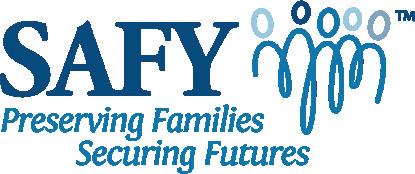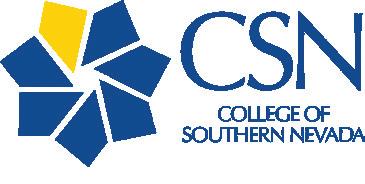YOUTH MENTAL HEALTH, EDUCATION, & WORKFORCE DEVELOPMENT

Boys & Girls Clubs of Southern Nevada is strategically aligning Club sites to support both mental health and academic needs of youth. In recognition these are the two most significant areas in which youth were affected during the COVID-19 pandemic, BGCSNV is investing time and training resources to promote member wellness and expand the local workforce. Individualized mental health/wellness and academic supports for youth will benefit Club members, while expanded training opportunities for post-secondary education students benefits the community.

YOUTH MENTAL HEALTH


Mental and behavioral health concerns are on the rise. Youth need more opportunities to engage in mental health and wellness activities, and families need support to overcome barriers in accessing needed mental health care. Our Clubs will increase access to services through reducing transportation barriers, capacity-building, staff training, and mental health workforce development:
MENTAL HEALTH IN THE CLUB
•Trauma-informed programming
•All members will receive foundational mental health and wellness programming

•Youth with specific behaviors and needs will participate in psychoeducation and skills groups


INNOVATIVE DELIVERY
•Graduate student integration

•Cascade learning from licensed professionals
•Non-clinical Club environment reduces treatment stigmas
•Promote positive behaviors
• Nurture well-being
• Set personal goals
• Grow into self-sufficient/ resilient adults
Mental Health services are sustainable through a combination of billed revenue; Medicaid & private insurance; and state, federal, and private grant funding sources.
PARTNERSHIPS
ACADEMIC SUCCESS – COLLABORATIVE EDUCATION PROGRAMS
The COVID-19 pandemic has had a tremendous and long-lasting impact on student learning. We are working with UNLV, Nevada State College, and College of Southern Nevada to develop collaborative educational programs to benefit members, students, and faculty.
UNLV PARTNERSHIP & POSTDOCTORAL FELLOW
Working with the Nevada Department of Education and CCSD, a Postdoctoral Fellow will align academic Club programs to state and district learning initiatives, evolve academic programs to increase efficacy, and act as a liaison between Boys & Girls Clubs of Southern Nevada and UNLV College of Education.


ANALYZE AND ADDRESS ACADEMIC NEEDS OF CLUB YOUTH
•Ensure youth learn and retain consistent academic curriculum
•Align Club programming with grade level core competencies
•Provide tailored academic support to Club Members to reinforce success in CCSD academic programming
•Compare academic performance of Club members versus other CCSD students
MEASURE AND IMPROVE PROGRAM QUALITY & OUTCOMES
•Identify, create, and execute Academic Success Programs
•Monitor and analyze youth progress & outcomes
•Revise programming to improve efficacy
FACILITATE WORKFORCE CONNECTIONS BETWEEN POST SECONDARY EDUCATION STUDENTS
Students
•Work opportunities across 13 Clubhouses
•Real-time practicum, classroom management experience, and results for material studied
Club Staff
•Academic Core Competency Training
•Post-Secondary Educational Opportunities
•Professionalization program for BGCSNV Staff
WORKFORCE DEVELOPMENT
FILLING NEVADA’S GAPS IN EDUCATION & MENTAL/BEHAVIORAL HEALTH
Attract, develop, and retain an engaged, productive, purpose-driven workforce:
•Recruit purpose driven employees aligned with our mission & goals
•Offer rich training experiences
•Adding licensed professionals and students to the Club creates layered learning and development opportunities for staff and trainees
Professional Mentoring Educational Opportunties
Live Training Environment
PurposeBased
Recruiting
Clear Career Goals
Path to Licensure
Personal Fulfillment
Building Practicum
Experience:
•Real-time environment
•Practice concepts & techniques
•Guidance & observation from licensed professionals
Education
•Staff to child ratio 1:20
•Develop classroom management
•No burden of curriculum
•Explore alt teaching techniques
Counseling/Mental Health
• Sessions facilitated by licensed and trained mental health professionals
•Identify behaviors and other needs
•Provide foundational mental wellness education
•Apply therapeutic techniques










